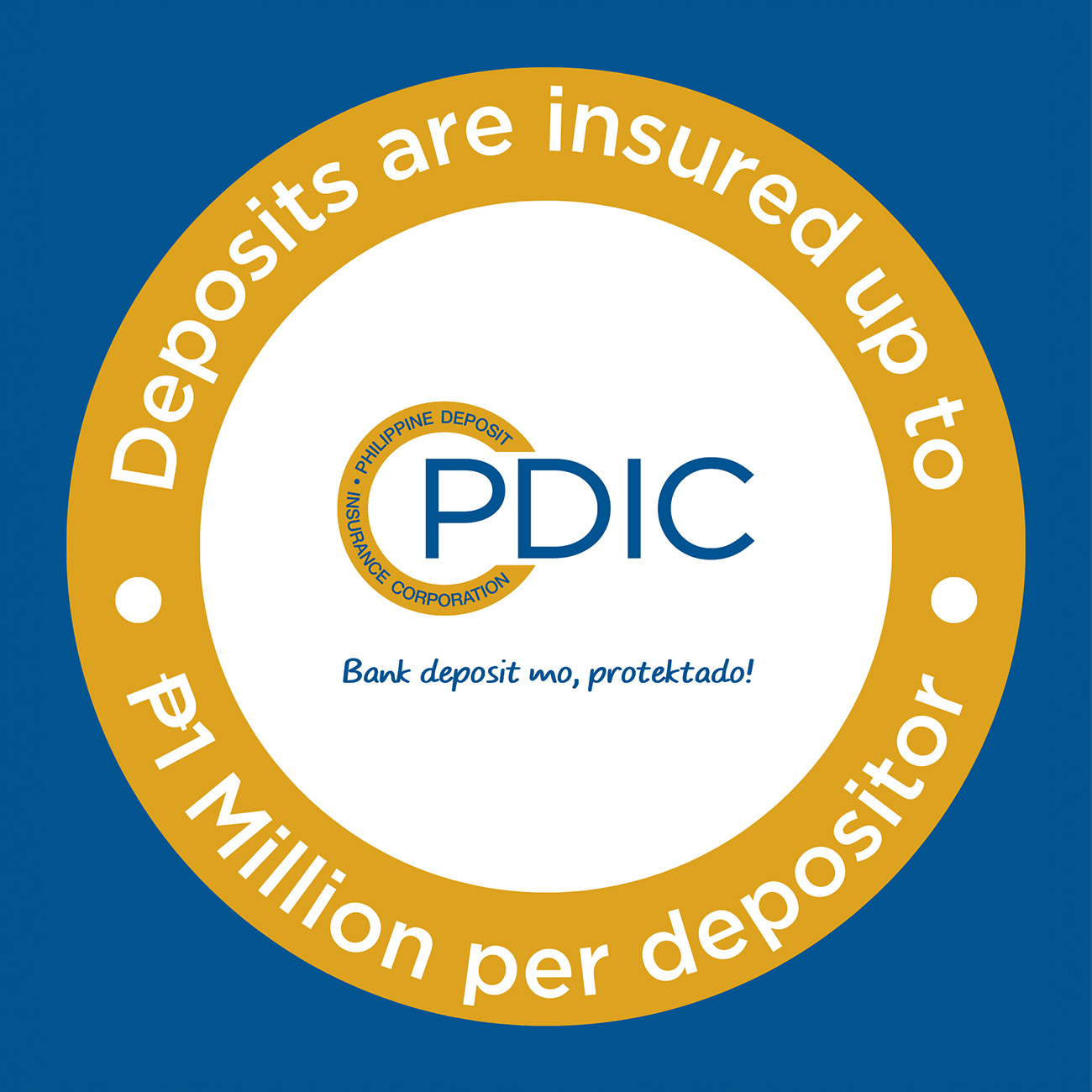The challenge
The Philippines is home to about 1.4% of the world’s population1, but by some estimates it now tops the global league table for plastic pollution, and produces more than one-third of the world’s marine plastic waste2.
A combination of limited disposable income and rising consumerism has created a “sachet economy,” with the country consuming around 163 million small, single-use portions of popular household goods every day3.
Worse, the plastics used in these sachet packages have no commercial value. Junk shops won’t take them, so billions of sachets now choke the country and its waterways.
“For us, this is a great motivator to really do something and work together with corporate partners and local government units to eventually remove the name of the Philippines from the list of global plastic polluters,” says Rommel Benig, President and CEO of circular economy and innovation group Green Antz Builders.
The impact
Green Antz Builders collects waste of all kinds – including the lowest-value and hardest-to-recycle materials such as multi-layered plastics – and transforms them into construction materials like eco-bricks, pavers, pre-casts and plastic-infused roads.
The company’s waste recovery model includes more than 40 community-based upcycling centers and hundreds of collection points across the Philippines, especially in dense cities and coastal communities.
Its participatory approach to the circular economy drew the support of the Bank of the Philippine Islands (BPI), the first bank in Southeast Asia and one of the largest banks in the Philippines, with a long history of building partnerships with companies that share its sustainability agenda.
“We found a trusted partner who shares the same ESG principles and standards. The support provided by BPI not only enabled us to continue our operations and thrive during the pandemic, but also financed a highly efficient, high-capacity machine that produces eco-pavers 20 times faster than the old line,” says Benig. “This was crucial in helping us deliver our customers’ orders on time.”
The takeaway
As Asia-Pacific doubles down on Sustainable Development Goal 12 of ensuring sustainable consumption and production patterns, which has seen the second-least amount of regional progress to date4, BPI and Green Antz Builders remain focused on uplifting the livelihoods and prosperity of future generations.
“If we can institutionalize the circular economy model in the Philippines, we can convert this big waste problem into an opportunity where we produce valuable products,” notes Benig.
As Green Antz Builders extends its impact across the Philippines, the company is further bringing its waste recovery ecosystem to the global stage. In November 2022, it opened its first facility in India, and has ambitions to enter priority markets like Indonesia, Thailand, Singapore and the Ivory Coast.
“We are at an inflection point now as we are scaling up. In this journey, BPI has helped us cope with the demands of hyper growth, which is challenging to navigate,” says Benig.
“We are dreaming of the day where there's no landfills or dump sites in the Philippines. To make the concept of waste irrelevant: that's Green Antz Builders’ vision. We are proud to have the support of BPI in building a better Philippines together, one family and one community at a time.”


